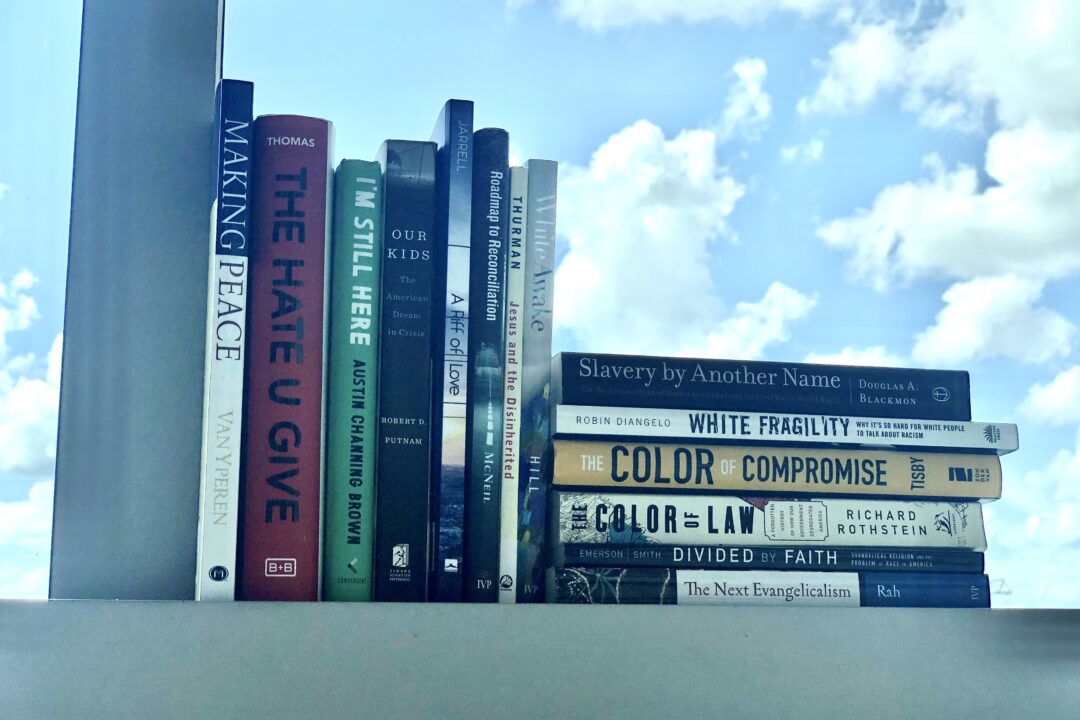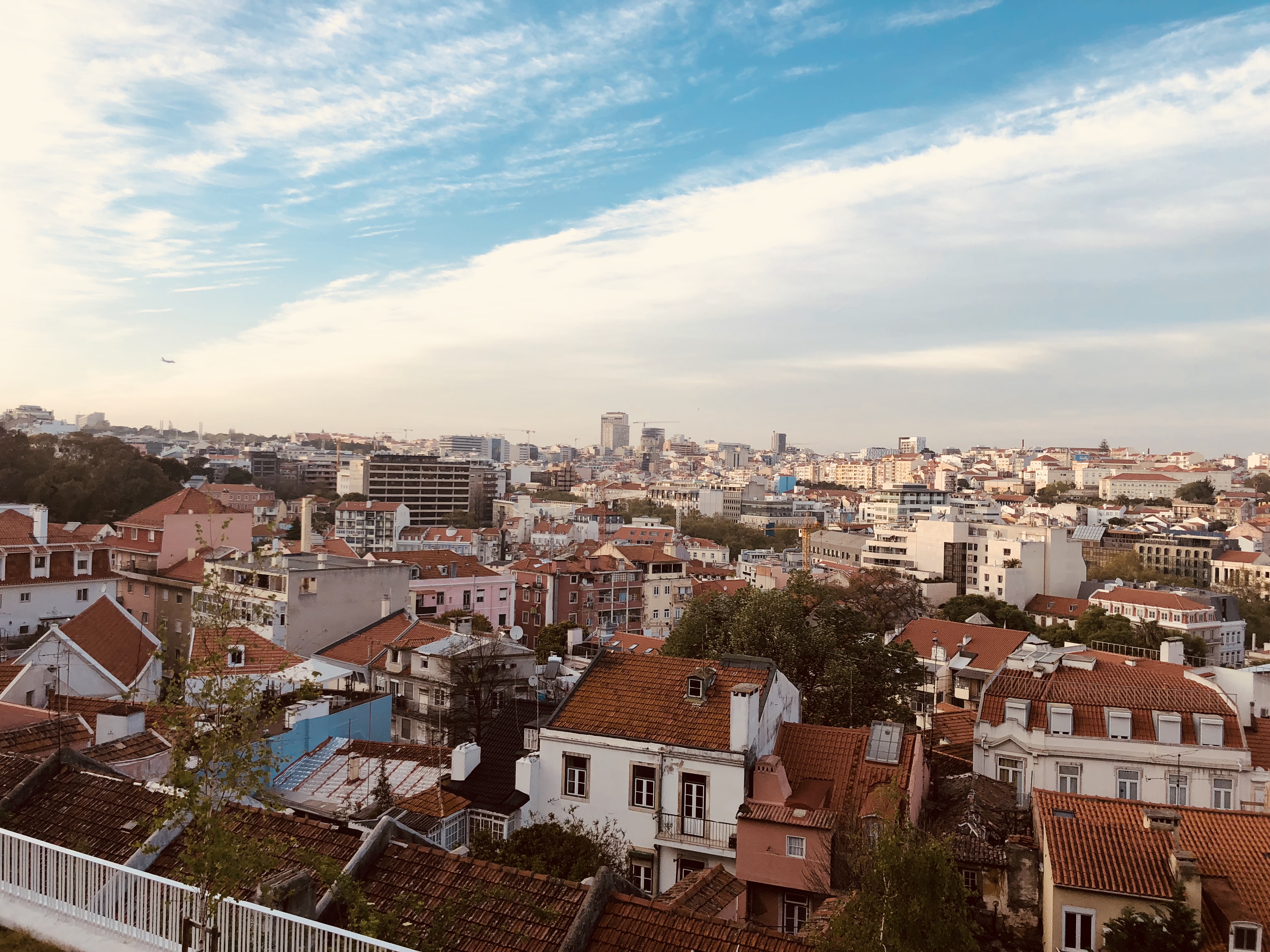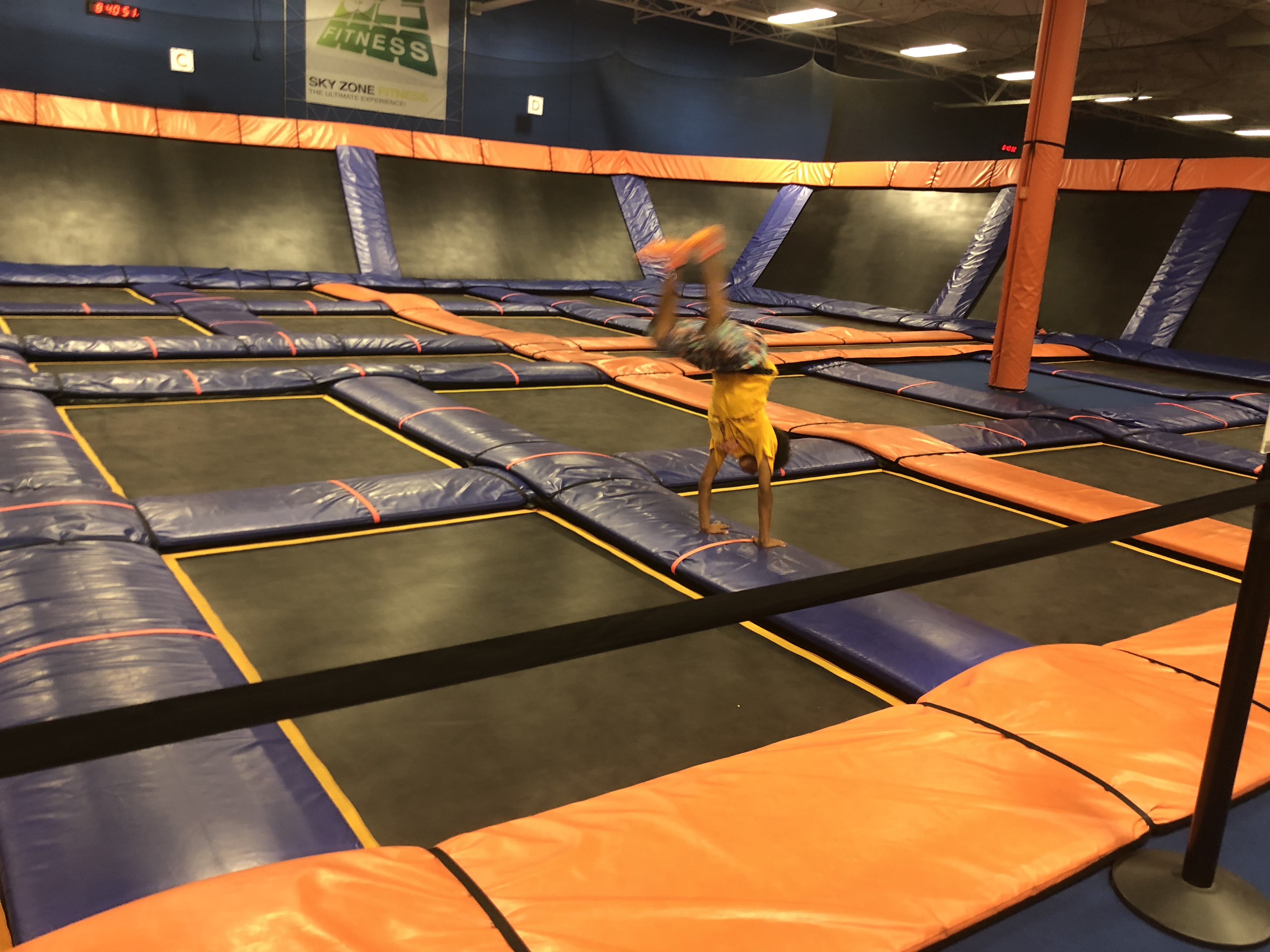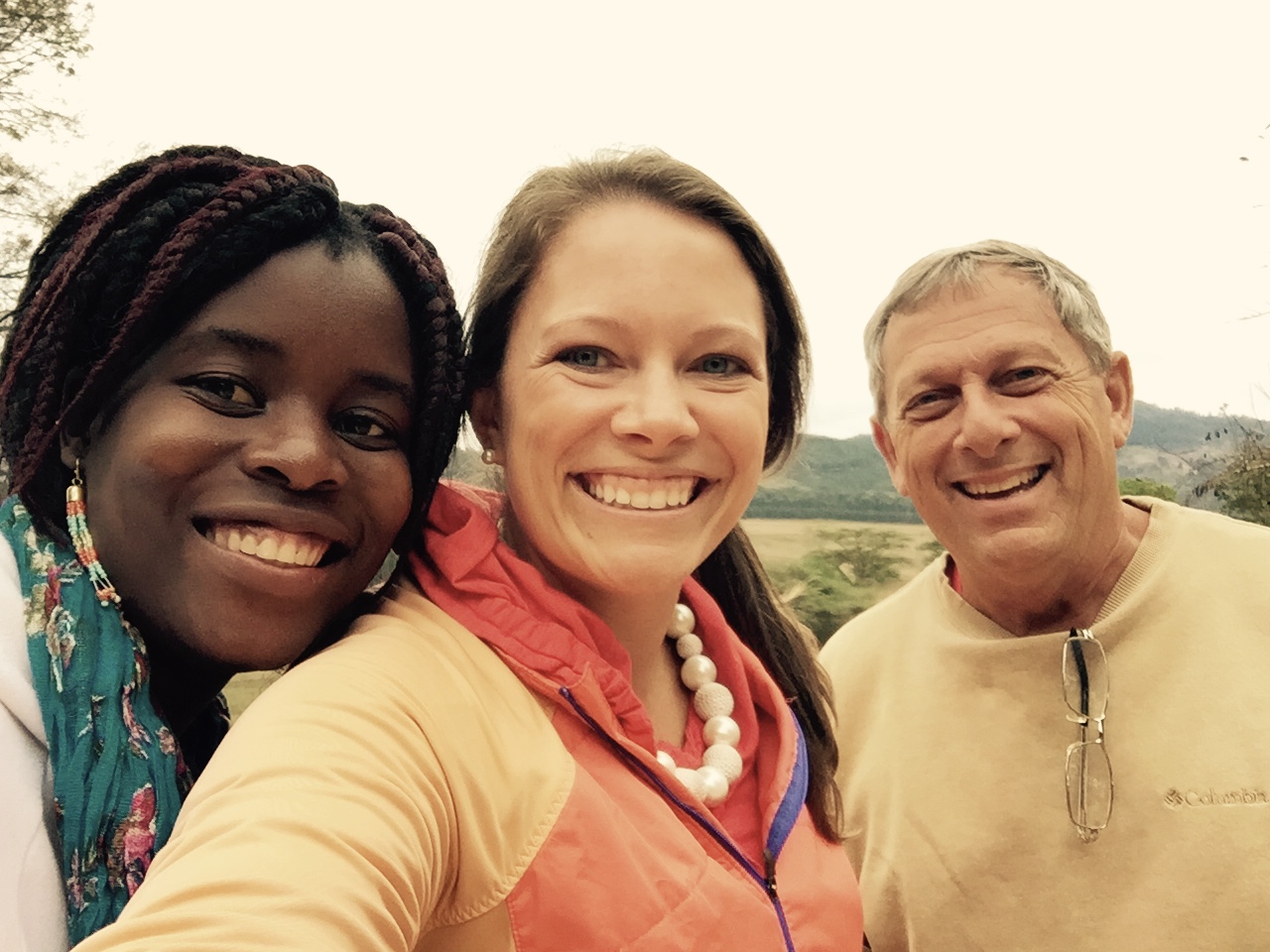In high school and college I had to take history classes… like everyone else does, I suppose. American History, European History, Ancient Greek History…. But, I never really “got” history, like the whole concept of it, until I started working in South Africa. Y’all. I’m not really sure why. But it just had never fully clicked in my brain that what happens before us really impacts our current reality. [also can I add that I’m being pretty vulnerable here because I’m sure some of you are wondering…what is wrong with this lady…how did she not “get” history?]
So here I was, this 20-something white American girl in South Africa, post-apartheid and it finally clicked. In my mind I remember thinking…. how this country [South Africa] was governed during apartheid totally affects the psyche, economics and systems that are in place right now. I’m not sure why it took me so long to grasp this concept – or why then. Maybe it’s because race issues were so in front of my face and I had been surrounded with friends – expat and South African…. black and white – who gently helped me process what they had been forced to process many years prior. Or maybe it was because I had to hire employees in an environment where there were so many race dynamics that I knew that I had to learn if I wanted our company to be a success. [or maybe it’s both of those and many other events because y’all, processing is sometimes hard and slow.] I had lived in a bubble, where the race dynamics of South Africa hadn’t affected me, so I hadn’t put much mental energy into understanding it. But I was gifted people who cared for me, had experienced living under apartheid and had the patience with me as I asked question after question after question.
America can learn from South Africa on the issue of race. In South Africa, talking about race is much more natural and common. They addressed it as a national issue through the Truth and Reconciliation Commission. [hear more about South Africa from my *only* celebrity crush, Trevor Noah, here on his podcast.]
That awareness – of the impact of history, systems, governance, policies and the construct of race – came with me when I moved back to the US about a decade later.
I’m a bit ashamed to say that I didn’t have that acute awareness prior to moving abroad, but I didn’t. And, what I’ve realized is that while I had an “a-ha” moment in South Africa, it really was a journey that I had been on pretty much since high school. Being aware of my white privilege was a process. I had to understand it, own it and then know what to do about it.
My ‘normal’ was growing up as a white kid with two parents who were (and are still) together. With all four (white) grandparents. With siblings and cousins and an all-white extended family. [it’s not all-white anymore] I didn’t have a frame of reference for much different. BUT, by the grace of God, I went to very diverse public schools for elementary, middle and high school. I am so thankful for that diverse school experience because it helped change my narrative of ‘normal’. One of my earliest memories of being at UNC Chapel Hill as a freshman was wondering where all of the black students were. Because it was not normal to me to be on a mostly-white campus. But what I didn’t do in college, that I was then forced to do when I was working in South Africa was to understand the WHY. Why were there fewer black students on UNC’s campus than white students? [and yes, I am very well aware that black students attended UNC, but not in the same percentages as the public schools that I had attended.]
The book of Matthew in the Bible opens with history. It’s a family tree of where Jesus came from. The Gospels – what we as Christians deem as the most important section of the entire Scriptures – start with history. Each of the four books tells Jesus’s history.
History matters. What happened before us matters to our lives today.
What I’m coming to realize now is that many [white] people in America have never been forced to think about and process how being black in America now is still impacted by history.
They haven’t had to think about how slavery and the civil rights movement really weren’t all that long ago. That housing policy that was implemented in the 1950s and 1960s called redlining is the reason why we have “black neighborhoods” and “white neighborhoods”. That policing and justice policy targets blacks because of historical legislation. [African Americans are incarcerated FIVE times the rate of white Americans.] That education policy favors white students because of how it has historically been funded. [And yes, there has been civil rights legislation, but as Jemar Tisby writes in The Color of Compromise, “you cannot erase four hundred years of race-based oppression by passing a few laws”.]
Because these white folks live in a bubble. They aren’t forced to think about race because it’s not negatively affecting them.
But just because you don’t experience it, doesn’t mean that it doesn’t exist. And y’all, I’ve now thought about it a lot. And while I haven’t experienced racism and being marginalized, I started asking WHY.
I came to understand that because I was born white, I was afforded more privileges than my fellow Americans who were born black (or non-white). My dad is an alumnus of UNC which gave me extra points for admission, I wasn’t targeted by the police when driving the sports car my parents bought me in high school, and when I did get pulled over for speeding, an attorney was hired (and paid for) to help me get out of it….and on and on and on….
This friends, is privilege.
What happened to my family before I was born affected how I lived and the opportunities I was granted.
But here’s the thing. I didn’t ask for it. I didn’t ask to be born white.
But it is my history. And, once I understand it and own it, I can then do something about it. I can use my privilege for good.
I can (and do) serve and donate my time and money to lift others up.
I can be (and am) intentional about my friendships – seeking out diverse friends who don’t think and look just like me.
I can (and do) use my connections and social capital for my friends who don’t have the same access.
I can (and do) understand and talk about the impact of systemic racism. I read. I ask questions. I listen.
I can (and do) vote with others in mind.
To my friends who say this isn’t about politics, well I say you are wrong. We live in a democracy where voting changes our systems. And our systems are wrong. We need reform.
How about we start voting (and reforming the systems) in a way where we put other people first. How about we don’t vote to protect our own wealth but vote in a way that lifts others up. A rising tide lifts all boats. My God is NOT a God of scarcity. He is a God of abundance. So giving someone a leg up – lifting their boat – is not pushing me down.
Stop and think, especially my white friends. Have you asked yourself WHY we need to say #blacklivesmatter? Ask questions and listen. Don’t assume you know the answer.
Understand your white privilege, own it and then do something with it.
You are living in a moment in history where you need to speak up. Your voice – or your silence – speaks volumes. Indifference is a sin.
Do the work, ask the questions, read all of the things. [the photo above is of books from my own personal library…consider starting with one of those.] And then once you’ve done that, reach out to someone you trust to process all of this with. Someone who doesn’t think just like you. Maybe even someone who doesn’t look just like you. But do the work first.
Start somewhere. Let’s lift all of the boats.
*Want to hear me process all of this with a friend who lives in South Africa? Join me on Facebook Live on Saturday June 13th and 20th at 9am EDT.





Caroline
OMG! WAWU! My friend this is so enlightening. Outright powerful. You have broken it down for even a basic literate to understand from your school days to even being in UNC. The Facebook live will be off the hook or is it “lit” well it will be fun??????masterpiece